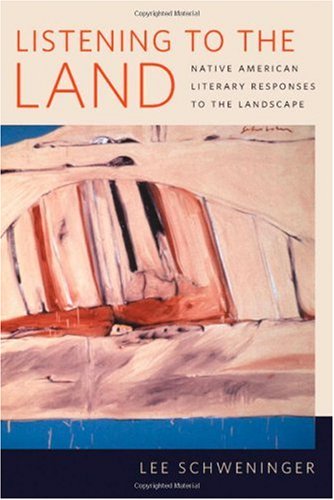

Most ebook files are in PDF format, so you can easily read them using various software such as Foxit Reader or directly on the Google Chrome browser.
Some ebook files are released by publishers in other formats such as .awz, .mobi, .epub, .fb2, etc. You may need to install specific software to read these formats on mobile/PC, such as Calibre.
Please read the tutorial at this link: https://ebookbell.com/faq
We offer FREE conversion to the popular formats you request; however, this may take some time. Therefore, right after payment, please email us, and we will try to provide the service as quickly as possible.
For some exceptional file formats or broken links (if any), please refrain from opening any disputes. Instead, email us first, and we will try to assist within a maximum of 6 hours.
EbookBell Team

4.4
62 reviewsFor better or worse, representations abound of Native Americans as a people with an innate and special connection to the earth. This study looks at the challenges faced by Native American writers who confront stereotypical representations as they assert their own ethical relationship with the earth. Lee Schweninger considers a range of genres (memoirs, novels, stories, essays) by Native writers from various parts of the United States. Contextualizing these works within the origins, evolution, and perpetuation of the "green" labels imposed upon Indians, Schweninger shows how writers often find themselves denying some land ethic stereotypes while seeming to embrace others.
Taken together, the time periods covered in Listening to the Land span more than a hundred years, from Luther Standing Bear's description of his late-nineteenth-century life on the prairie to Linda Hogan's account of a 1999 Makah hunt of a grey whale. Two-thirds of the writers Schweninger considers, however, are well-known voices from the second half of the twentieth century, including N. Scott Momaday, Louise Erdrich, Vine Deloria Jr., Gerald Vizenor, and Louis Owens.
Few ecocritical studies have focused on indigenous environmental attitudes, in comparison to related work done by historians and anthropologists. Listening to the Land will narrow this gap in the scholarship; moreover, it will add individual Native American perspectives to an understanding of what, to these writers, is a genuine Native American philosophy regarding the land.